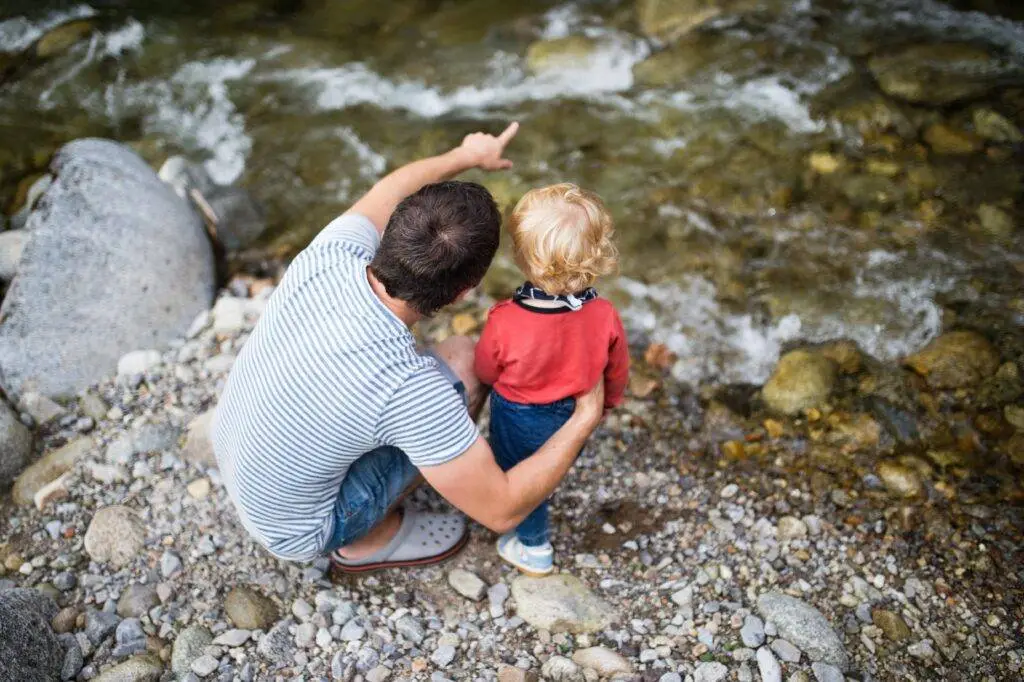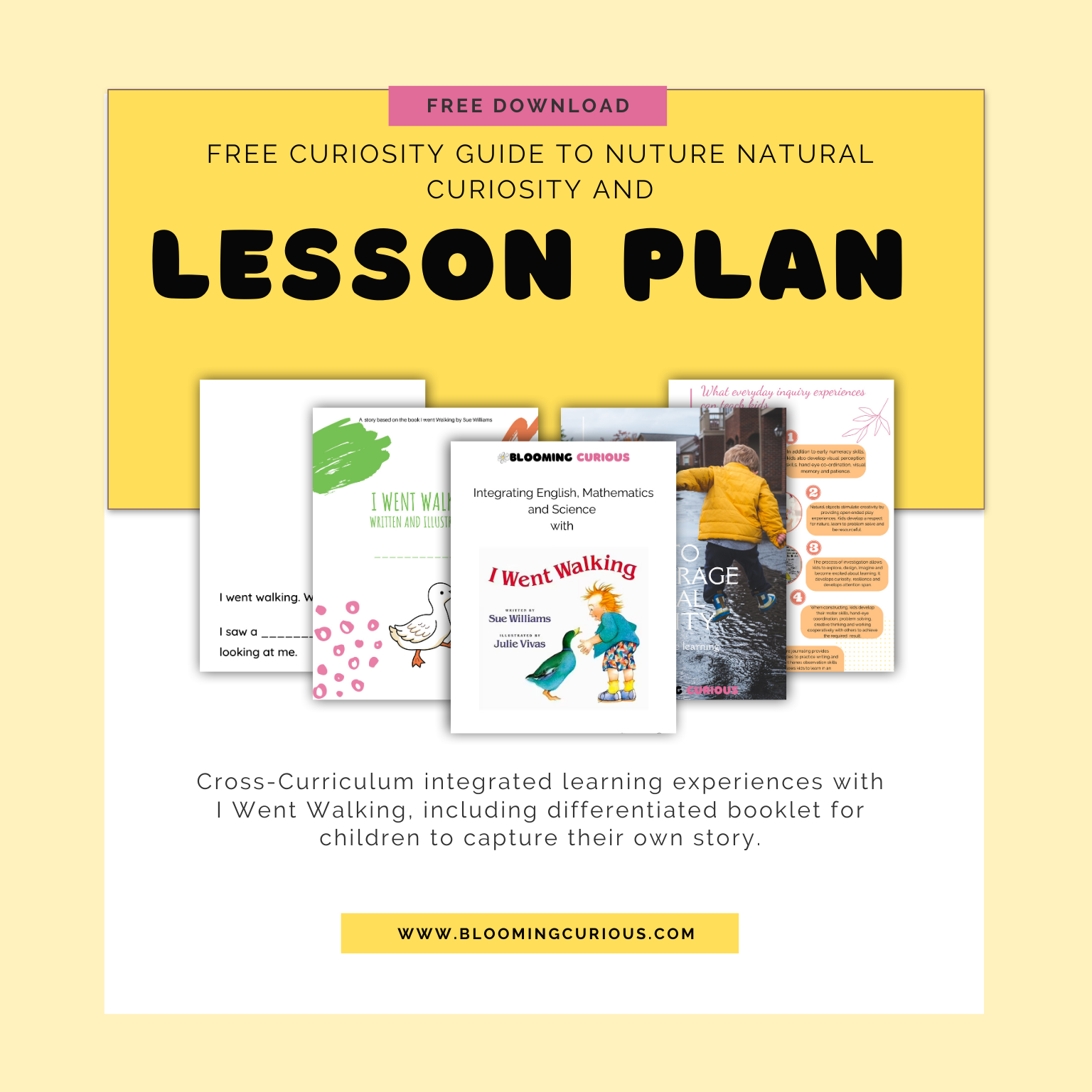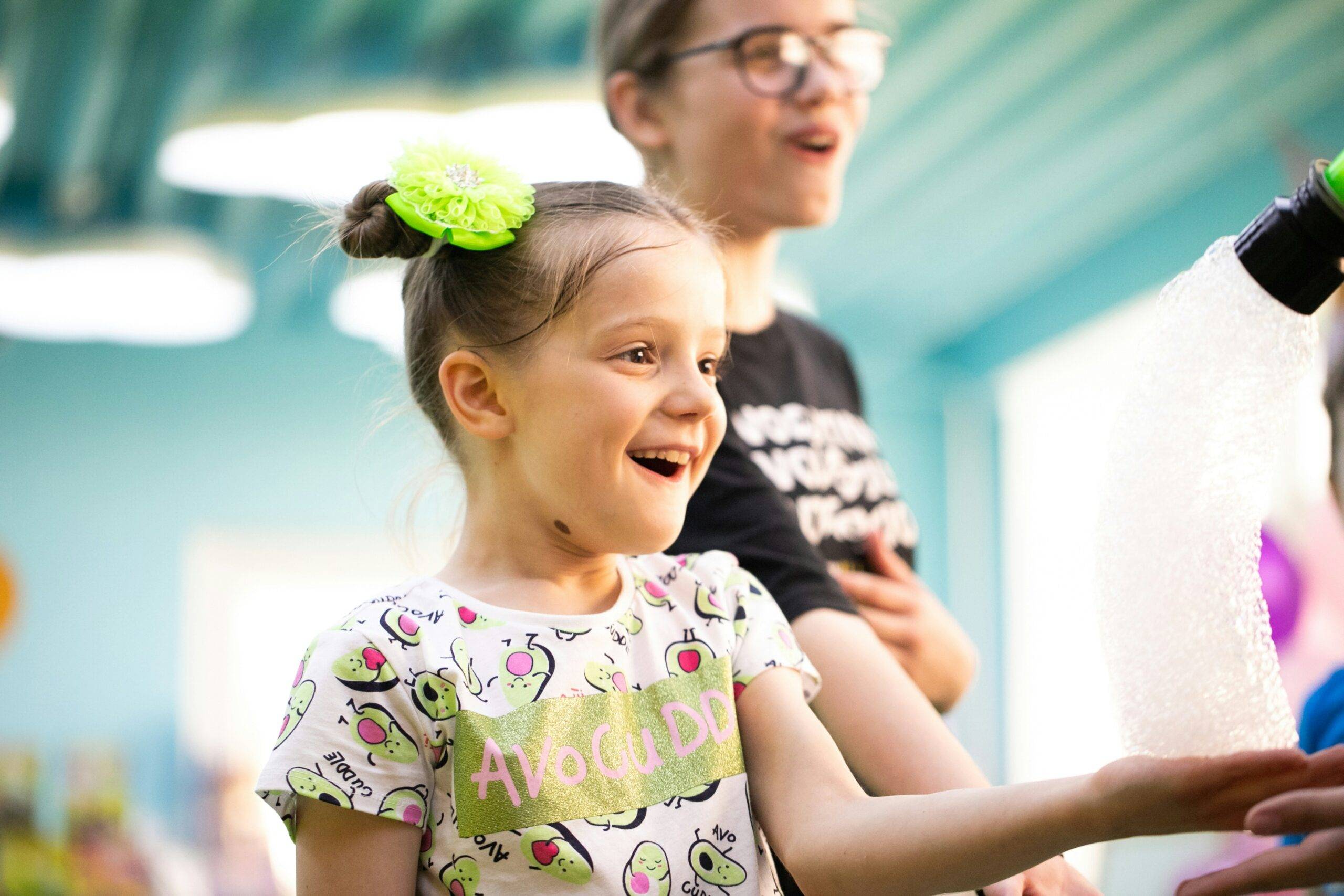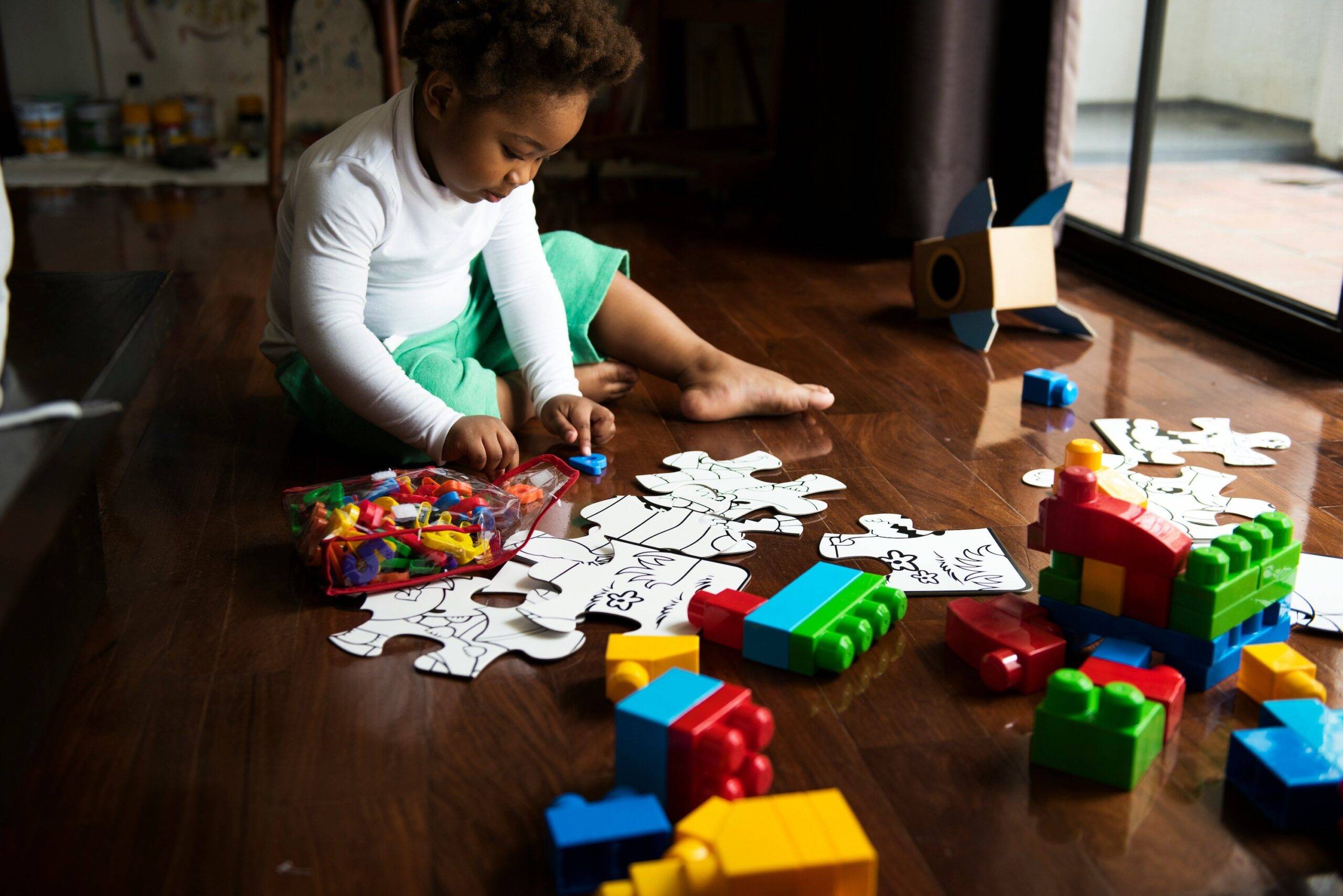Some of the links below may be affiliate links. This means that, at zero cost to you, I will earn an affiliate commission if you click through the link and finalise a purchase. All product recommendations are products that I have used and loved, or products that I would recommend based on experience.
Just hearing the word “unschooling” sends shivers down my spine. Does this mean that kids are left to experience their own learning willy-nilly and never have any formal lessons? Are never taught anything in a formal sense?
To find out what this is all about I’ve been doing reading and research around this topic, and discovered the following:
As I understand, it’s when kids are learning naturally according to their own interests. They are immersed in their everyday activities, and then learn whatever they are exposed to that day and through the parent’s own observation skill, they will then learn literacy, counting and reading by finding out more together with their children. It’s based on trust that the parents and child will find the learning path that works best for them.
This sounds very much like inquiry and project-based learning to me.
To successfully teach kids in this way, a parent/ educator will have to be pretty switched on and know something about how kids learn, and how to see the cues and expand on them to make the learning a rich and rewarding experience.
Inquiry and project -based learning, which of course I am a huge fan of, still run in tandem with explicit teaching of basic mathematics and literacy.
Leaving kids to play and explore in mud all day, is great fun and they learn a lot about imaginative play and everything mud can do ( properties of materials – all very sciencey without them even knowing it), but unless a parent or educator sees the value of the experience and is able to translate it into learning in some way, even if it’s just by asking thought provoking questions, how does this experience prepare them for a future where they need to make a living and support their own families one day?
I know that I have used a very simplistic example, but I would love to know where teaching kids to read and write and develop mathematical thinking come in? I’m assuming unschooling parents are skilled in the art of provocation and how to steer kids learning so that kids don’t even know they are receiving rich and deep learning experiences which build schema and simultaneously build their knowledge of literature or mathematical problem-solving experiences.
As someone who is a passionate proponent of play based learning and inquiry-based learning, I am also really passionate about ensuring that kids are prepared with the skills necessary to compete in a rapidly changing world where new jobs are being created every day. Kids in the early years need lots of play experiences. They also need to be taught phonics so that they can become proficient readers and writers, and mathematical thinking and problem solving.
The Importance of Education
Education has always been really important to me. I was the first person in my family to attend university and I knew that getting a degree would allow me opportunities that none of my family were lucky enough to have. My family could not afford to send me to university. Instead, I got a government bursary to study Education, which I paid back in service. I have also worked outside of education and been a stay-at-home mom for several years before and during my children’s elementary schooling years.
I know that now days there are arbitrary degrees for just about anything, which I think is crazy. In my day (I know!) being able to be in a position to attend university was a privilege that was only afforded to those that qualified. And to qualify you had to achieve a set standard. To achieve this standard, you had to work hard. So that’s what I did, and so many of my Gen X generation.
I am also well aware that now days kids are becoming millionaires through YouTube and Gaming and that the world is changing. When you look at You Tubers and Podcasters at the top of their game they are generally well educated, university graduates, well-spoken and highly literate… and I have to admit I’m always a little envious of their beautiful grasp of the English language and their uncanny ability to express themselves so eloquently in a way that I can only dream of.
I am not saying that every child should go to university. Clearly there are pathways for everyone. In fact, my family are a family of tradesmen and miners. Nothing wrong with that. Tradesmen too need to be literate and have the necessary skills to run a successful business. We all know that here in Australia for example, tradesmen or Tradies as they are called, do very well for themselves indeed.
I also know that there are quite a few examples of highly successful entrepreneurs that dropped out of university to pursue their dreams and have become household names. They are the exception, not the norm.
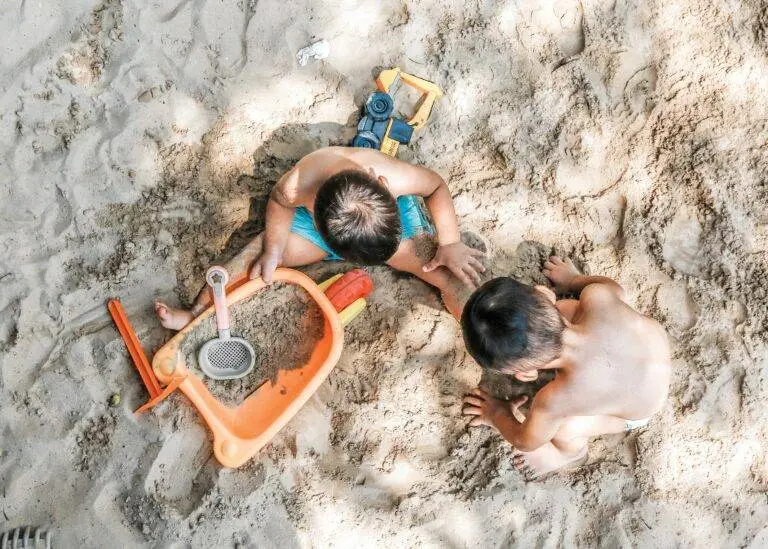
Holistic Education
When we are teaching kids, I believe we need to teach holistically, we need to help them develop in all areas, even those we perhaps are weak in, and have no interest in, because we don’t know what they are going to end up doing one day or where their strengths and passions might lie.
Both my sons have ended up studying STEM and mathematically heavy degrees, totally the opposite of myself. But what they did get from me (and their father) was the love for learning, putting in hard work, resilience in the face of adversity and developing independent curious mindsets. These qualities were not only instilled in them through play, but through my watchful eye, asking thought proving questions and allowing them to work things out for themselves. Reading featured highly. Both my sons were avid readers from a young age. Reading to them was part of our daily routine and one that I cherished. Their father an Engineer, was always on hand to help with their maths homework as things became more difficult especially in high school.
We were (and still are) definitely hands-on parents who had our fingers on the pulse, but we also encouraged our children to be independent problem solvers. We never rescued them, or gave them the answers before giving them opportunities to work things out for themselves. Mistakes were (and still are) a part of learning and experiencing life.
Getting back to unschooling, how far does it go? I have no idea.
I just hope that for unschooled kids amongst all the play and exploration – which is wonderful – there is also reading, writing and Mathematics going on. Perhaps all those reels I keep seeing on Instagram are very one-sided. Perhaps they just don’t show the parts where kids and sitting down and completing lessons on all those things they have found interesting.
I don’t know.
Learning Can’t Always be Fun
I also wonder and worry if kids aren’t perhaps being left to just explore and play because perhaps it easier. Perhaps getting them to actually do a piece of work is too difficult because of refusal on the part of the child. But here’s the thing. Learning cannot always be hands-on and fun. Just like in life there are times we have to suck it up and do what we have to do. This too is a valuable lesson to teach kids. To be resilient, to keep going when things are difficult and to bounce back from disappointments.
That’s one of the reasons that I am such a strong advocate for inquiry-based learning. It gives us an opportunity to take what kids are interested in, and turn it into a learning experience that kids actually enjoy while simultaneously honing their skills in literacy, numeracy, Science and any other areas that their topic of interest may cover. But they still need explicit lessons on how to craft a letter or an argument or how to write a report or solve a complex math problem or write grammatically correct descriptive sentences. Clearly, we need to keep this in perspective too. No one is saying we need to teach a three-year-old to construct grammatically correct sentences. Three year old kids need to play, be read to, and be involved in all areas of family life. That’s how they learn.
But we have to start developing that interest in learning early, and then keep it alive.
I know this. For kids to thrive in learning, they don’t know what they don’t know, and it’s our job as parents and teachers to lead the way by example, to keep a finger on the pulse and to ensure we are asking thought provoking questions which can be tried out and investigated to their heart’s content. And we ourselves need to be curious and open to new experiences.
Benefits of Playing and Nature
The fact that kids that are home educated experience a lot more time in nature and the outdoors is something that everyone should take note of. This is the reason many kids that don’t do well in a school setting thrive in a home school environment. That daily large dose of nature is crucial for kids to develop well, not just cognitively, but socially and emotionally too. If our kids are not getting enough time to play at school – and they aren’t – then, as parents we must ensure we get them out in nature – in our gardens, back yards, parks, beaches, anywhere where there is natural vegetation so that they can let off steam and reap the amazing soothing benefits that only nature can provide.
This following video where Dr Jordan Peterson explores the relationship between ADHD, schools and play is really worth watching.
“Boys should play more; way more than they do. Way more. They should play to the point of exhaustion in some sense. Every day. Really. Really. They’ll quit when they’ve had enough. I bet your hyperactive son has no trouble paying attention when he’s playing video games. Well, that’s worth thinking about. Isn’t it?” – Dr Jordan Peterson
That sure is something to think about. How come kids can focus and sit still playing video games, but can’t sustain attention sitting in a classroom or having a lesson at a kitchen table?
How do classroom teachers given the constraints they face, actually teach in manner that benefits children and allows them to experience that outdoor play which is so necessary, and incorporate lessons that meet curriculum outcomes? How do home educators balance the freedom and joy of being outdoors with formal lessons? And what about unschooling?
I guess it’s about balance, isn’t it? For schools to get this right, it will require a complete overall not only of the education system, but of our social system too. And perhaps the term unschooling needs a marketing facelift to show those of us that shudder at the word just what exactly kids are learning, because having all that wonderful time in nature is doing kids’ emotional well-being the world of good, but I for one would love to know how parents manage to engage kids in learning while they’re having so much fun.
I’m curious to learn and never too old to do so.
If you’re an unschooling parent, and would like to shed more light on unschooling, get in touch and perhaps I could feature you on my upcoming episode of the podcast.
As always, take care of yourselves and stay curious.
If you found any of this interesting or useful, why not share it with others so they can benefit too. Click one of those share buttons below.
